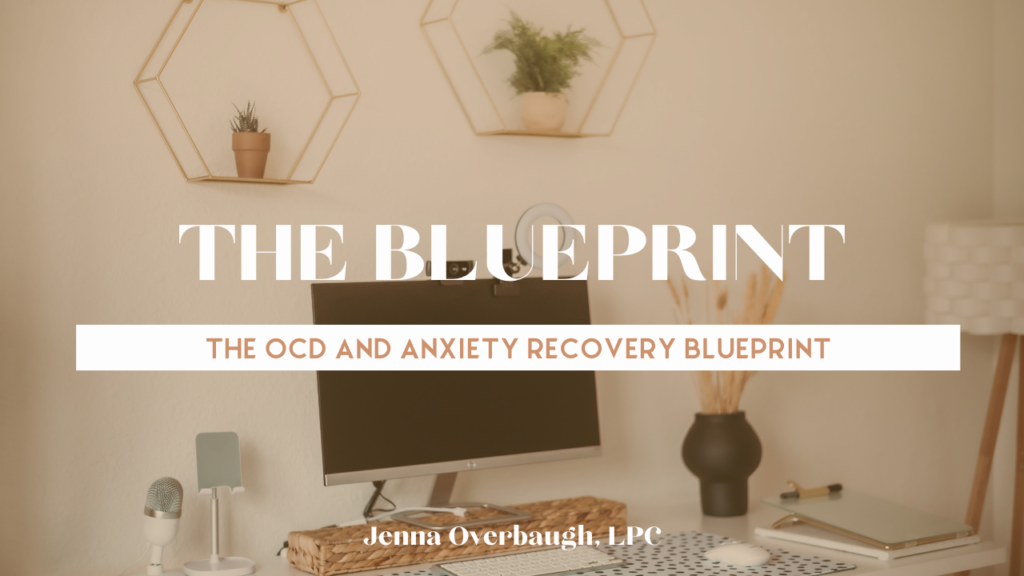The Power of Self-Help: Managing OCD and Anxiety with Evidence-Based Strategies
April 30, 2024
In the realm of managing OCD and anxiety, self-help techniques play a pivotal role in empowering individuals to take charge of their mental health journey. While seeking professional therapy is valuable, incorporating self-help strategies can enhance treatment outcomes and foster a sense of autonomy in managing symptoms.
Understanding the Importance of Self-Help
Self-help techniques offer individuals the flexibility to engage in therapeutic interventions outside traditional therapy sessions. This autonomy can be empowering, allowing individuals to tailor their approach to suit their unique needs and preferences. By taking an active role in their treatment, individuals cultivate a sense of agency and ownership over their mental health.
Leveraging Evidence-Based Strategies
Evidence-based strategies like exposure and response prevention (ERP) and acceptance and commitment therapy (ACT) form the cornerstone of effective self-help interventions for OCD and anxiety. These techniques empower individuals to confront their fears, challenge maladaptive thought patterns, and cultivate resilience in the face of uncertainty.
Benefits of Self-Help
- Accessibility: Self-help techniques are readily accessible and can be practiced anywhere, anytime, offering individuals greater flexibility in managing their symptoms.
- Empowerment: Engaging in self-help empowers individuals to take an active role in their treatment, fostering a sense of control and self-efficacy.
- Cost-Effectiveness: Self-help resources are often more cost-effective than traditional therapy, making mental health support more accessible to a broader audience.
- Continuity of Care: Self-help techniques complement traditional therapy, providing individuals with additional tools and resources to maintain progress outside of therapy sessions.
Incorporating Self-Help into Your Routine
Integrating self-help techniques into your daily routine can be a transformative experience. Start by familiarizing yourself with evidence-based strategies such as ERP and ACT through reputable resources and self-help materials. Practice consistency and patience as you navigate your mental health journey, and remember that progress takes time and dedication.
Explore the OCD and Anxiety Recovery Blueprint
For those seeking comprehensive self-help resources, consider exploring the OCD and Anxiety Recovery Blueprint. I developed it with YOU in mind – so that you could take recovery into your own hands, become your own therapist, and have these skills with you for life. Take the first step towards empowerment and explore the resources available to you.
In conclusion, self-help techniques offer invaluable support for individuals navigating the complexities of OCD and anxiety. By harnessing evidence-based strategies and embracing autonomy in their treatment journey, individuals can cultivate resilience, empowerment, and lasting recovery.
By incorporating self-help strategies into their routine, individuals can cultivate resilience, empowerment, and lasting recovery in their mental health journey. Explore evidence-based techniques like exposure and response prevention (ERP) and acceptance and commitment therapy (ACT) to take control of your mental health journey.
Resources for Your OCD and Anxiety Recovery
To learn more about OCD and anxiety recovery strategies and resources, visit my website at www.jennaoverbaughlpc.com. Here you can find additional support and guidance.
Want more content like this?
Episode #60 – Can You Do Too Much ERP (Exposure and Response Prevention)?
Empowering Yourself: The Importance of Self-Help for OCD Management
The OCD and Anxiety Recovery Blueprint

DISCLAIMER: Please keep in mind that Jenna is not your therapist. She does not provide you with individualized recommendations or advice. The information provided is intended as educational information only. Jenna cannot tell you what you should do, what you shouldn’t do, or give recommendations based on your unique situations or circumstances. Nothing on this page or Site should be construed as therapeutic recommendation or personalized advice. If you are in need of such services, please consult with a physician or other medical provider right away to determine the best course of action for you. We are not responsible for your use of this page, this website, or the contents within. NEVER DISREGARD PROFESSIONAL MEDICAL ADVICE OR DELAY SEEKING MEDICAL TREATMENT BECAUSE OF SOMETHING YOU READ OR ACCESSED THROUGH THIS WEBSITE AND CONTENT. For more information, please read the Terms and Conditions, Privacy Policy, and Disclaimer. Your continued use of this platform, this page, and the contents within constitutes as your agreement with this agreement.
© 2024 Jenna Overbaugh, LLC, All Rights Reserved
most popular episodes
Love my podcast?
Episode 112: Postpartum OCD and False Memory OCD
Imagine how in depth I can go in an online course. Instantly downloadable and game-changing. Take the next step towards an amazing life.